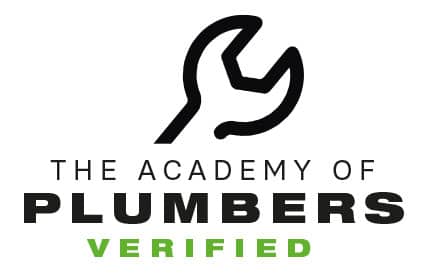Ensuring compliance with environmental regulations in power washing is crucial for protecting water sources and minimizing ecological damage. Adhering to guidelines concerning water runoff and chemical usage can prevent harmful substances from contaminating local ecosystems and water supplies. By following strict protocols for chemical application and waste management, companies can operate responsibly while maintaining high standards of cleanliness.
Water runoff is a significant aspect of power washing due to its potential impact on the environment. Properly managing wastewater ensures that pollutants do not enter storm drains or natural water bodies. Utilizing approved containment methods and filtration systems can effectively mitigate these risks.
Chemical usage in pressure washing operations must comply with environmental standards to prevent toxic substances from leaching into the soil and water systems. Companies must select eco-friendly cleaning agents and adhere to regulatory guidelines to minimize their environmental footprint.
Environmental Regulatory Landscape for Power Washing
Adhering to environmental regulations is critical in the power washing industry, focusing on water runoff management and responsible chemical usage. Ensuring compliance with these regulations helps protect the environment and maintains public health standards.
Legislation Governing Water Runoff
Legislation on water runoff aims to prevent contaminated water from entering natural waterways. The Clean Water Act (CWA) plays a significant role in regulating pollutants and maintaining water quality. Businesses must use containment systems to capture runoff and prevent it from reaching storm drains.
Compliance with these regulations often requires permits, regular inspections, and documentation of water disposal practices. Ensuring that used water is treated or disposed of properly minimizes environmental impact and reduces the risk of legal penalties.
Chemical Usage Standards
Chemical usage in power washing is regulated to prevent environmental harm and ensure public safety. The Environmental Protection Agency (EPA) provides guidelines on the types of chemicals that can be used, their concentration, and application methods.
Proper storage and handling of chemicals are mandatory, and companies must train personnel on safe usage. Utilizing biodegradable and environmentally safe cleaners can help meet compliance standards. Regular audits and proper documentation ensure that chemical use adheres to regulatory requirements.
Regional and Local Compliance Requirements
Compliance with regional and local regulations varies significantly based on location. Local authorities may have specific ordinances governing water usage, chemical disposal, and noise levels. It’s essential for companies to stay informed about local laws that may affect their operations.
Participation in local environmental programs and cooperation with regulatory agencies can help align business practices with regional standards. Continuous monitoring and adaptation to changing regulations are crucial for ongoing compliance and reducing the risk of fines and significant operational disruptions.
Ensuring Compliance and Best Practices
Adhering to environmental regulations involves strategic planning, rigorous training, and detailed monitoring. Companies implement comprehensive strategies, train employees thoroughly, and maintain robust monitoring procedures.
Comprehensive Compliance Strategies
Effective compliance begins with understanding specific environmental regulations related to power washing. This includes knowledge on permissible water runoff levels and proper chemical usage. Employing eco-friendly cleaning solutions reduces harmful impact on local waterways.
Policies and procedures are established to guide operations. Regular audits and risk assessments identify potential non-compliance issues, ensuring immediate corrective action. Companies use water reclamation systems to collect and recycle wastewater, minimizing pollution.
Documentation is crucial. Precise records of chemical use, water discharge levels, and cleaning activities ensure transparency and accountability during inspections.
Employee Training and Responsibility
Trained employees are essential for compliance. All staff receive detailed training on environmental laws, correct power washing techniques, and the importance of reducing water and chemical waste. Training sessions often include hands-on demonstrations and interactive workshops.
Ongoing education keeps employees updated on any changes in regulations. Managers reinforce these practices regularly, ensuring all workers understand their responsibilities.
Assigning specific compliance roles ensures accountability. Certain employees might be designated as environmental compliance officers, responsible for overseeing adherence to procedures and addressing any issues promptly.
Monitoring and Reporting Procedures
Monitoring systems track compliance with environmental regulations. Sensors and meters measure water discharge and chemical usage in real-time, alerting managers to any deviations.
Scheduled inspections ensure equipment operates within regulatory limits. Any detected issues are addressed promptly to prevent non-compliance.
Detailed reporting procedures maintain accurate records. Reports on chemical use, water discharge, and any incidents of non-compliance are compiled regularly. These reports are essential for internal reviews and external regulatory audits.
Regular communication with environmental authorities helps ensure that the company stays aware of any regulatory changes and maintains good standing with compliance requirements. This fosters trust and collaboration with regulatory bodies.








